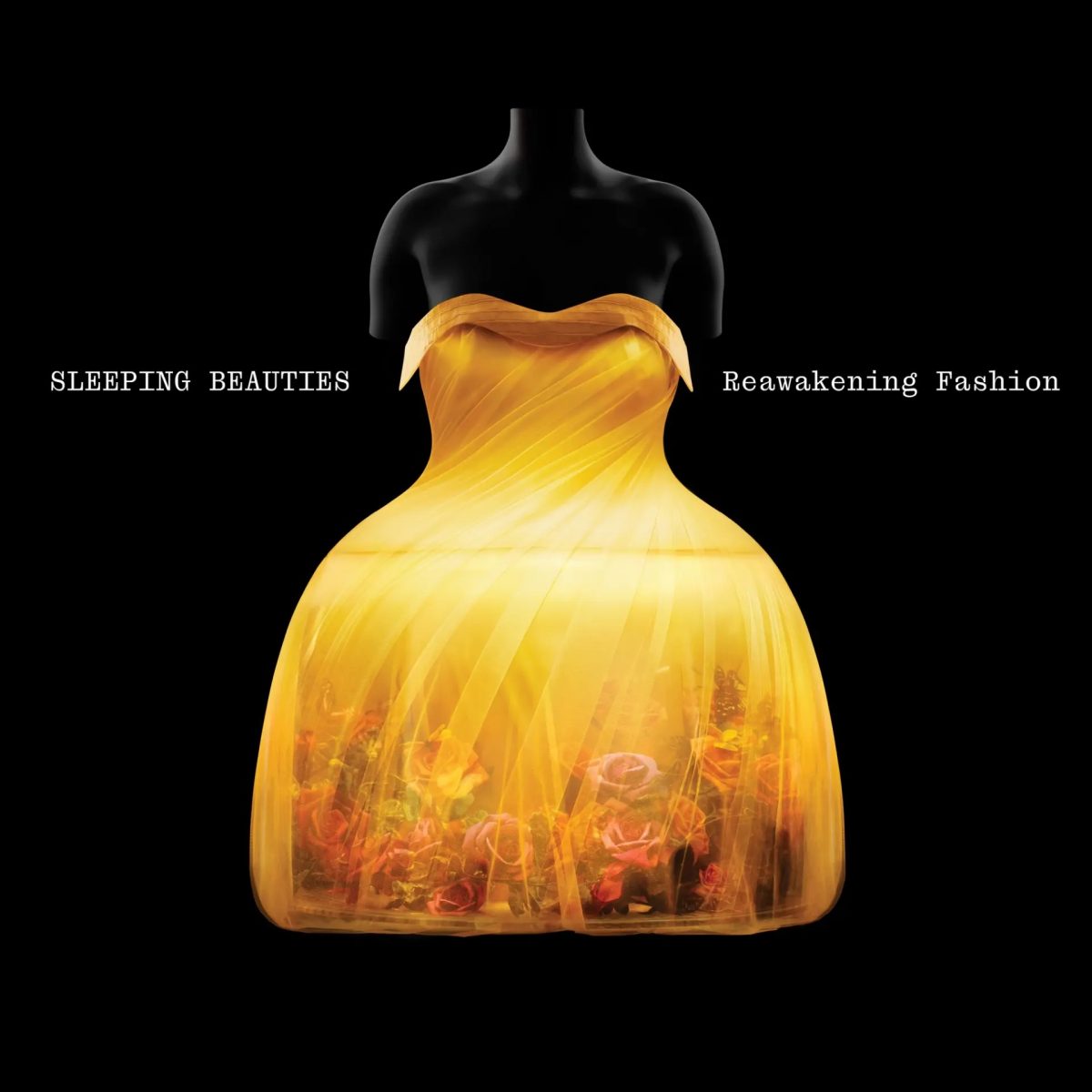People’s ability to justify a pro-life or pro-choice position while adopting a contradictory opinion of capital punishment has been weighing on my mind lately. Liberals, for example, generally (though not always) support a pro-choice and anti-capital punishment agenda. This means that women should have the right to terminate a pregnancy for any reason and criminals should never be sentenced to death for any reason. Conservatives, on the other hand, generally support a pro-life and pro-capital punishment agenda. This means that women (usually) must carry their baby to term and that it’s acceptable to execute criminals convicted of a severe enough crime. Each position makes concessions: While it’s okay to dispose of an embryonic organism, it’s not okay to kill a human adult; while it’s okay to execute a criminal, it’s not okay to kill a defenseless child.
There are, of course, caveats. One must consider the life of the mother, the right of the fetus, the rehabilitative power of prison versus the retributive power of prison, the idea of justice and what it means to kill a killer. Is life sacred in certain contexts and not in others? How does religion influence the perception of those who are strictly pro-life and pro-capital punishment? And on ad infinitum.
While distinct, these thoughts converge on one ultimate theme: the value of life. Regardless of a person’s background, the color of their skin — hell, their political identity — there’s a great chance they value some version of life. But to what sort of life do we really attribute value? I’d like to ponder a life that guarantees agony, tedium and relentless worry; specifically, the life of someone diagnosed with a terminal illness.
Lawmakers in California have recently passed a bill that allows patients in the advanced stages of terminal illness to request and obtain life-ending painkillers. This bill, modeled after an Oregon bill that set the precedent for right-to-die legislation in 1997, awaits approval or veto from Gov. Jerry Brown. California would become the fourth state in the country to adopt such a law (following Oregon, Washington and Vermont), though over half the states have heard or will hear legislation in current or immediately upcoming sessions.
The bill, AB2-15, passed with bipartisan support and includes stringent safeguards. An article in The New York Times, published on Sept. 22, described these safeguards:
“Patients would have to make two oral requests for the prescription, two weeks apart, and one in writing. Two doctors would have to certify that the patient is likely to die within six months. The written request must be made in front of witnesses who are asked to certify that the patient is of sound mind and is not being coerced.”
The legislature heard the bill after a California native, Brittany Maynard, was forced to move to Oregon to acquire life-ending medication after learning of an inoperable tumor on her brain. Maynard, 29, wrote an open letter that famously advocated Death with Dignity — the name of the 1997 Oregon law. Brittany died in November of last year, after legally obtaining life-ending medication. Her widower, Dan Diaz, recently said, “The ability to have a gentle death is a basic right.”
While Maynard was neither the first nor last person to be voluntarily euthanized due to a terminal illness, she helped bring the issue to the national stage. People across the country are talking about what it means to live — particularly if living has to come at the cost of comfort or consciousness. Hospice care has long been used to mitigate the act of dying for those whose end is near. Passive euthanasia is often used in instances of irreversible coma or brain death. Though many would argue there are crucial ethical differences between active and passive euthanasia, I see both as necessary, merciful reprieves for the living and the soon-to-be-dead.
More states should follow California’s lead and pass right-to-die bills, regardless of political positioning. Providing an option to end life by a painless medium — particularly in the effort to avoid an infinitely worse fate — is the only ethical option states face when confronted with the terminally ill. Cases like Maynard’s are not uncommon where impending seizures, doctors’ appointments and unimaginable pain and turmoil only delay a relentlessly inevitable demise. Better that one should go, if they must go, with sound mind, painlessly, surrounded by friends and family.
If we are to examine the ‘value of life,’ we must come to a conclusion that transcends the political conundrum accompanying pro-life capital punishment advocates and pro-choice, pro-convict lifers. In most states it is a serious crime for doctors to provide terminally ill patients relief from the pain and bureaucratic mess that follows a fatal prognosis. We let people die in tremendous, delirious pain while life-ending drugs are available to those who conveniently maintain residence in one of three beneficent states. Maynard had the opportunity to move from California to Oregon to seek help. She lamented that many others in her position might not have the means to uproot to a place like Oregon, Washington or Vermont.
First, Brown has got to sign this bill — or let it sit long enough to become a law on its own. Next, the rest of the country can begin its long fight for those who’d like to die, not in pain and tribulation, but with dignity.











